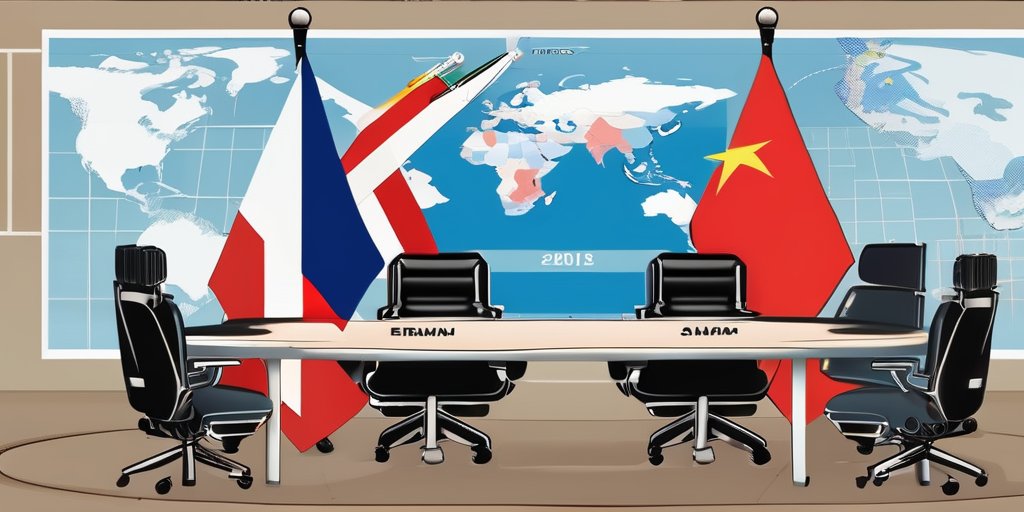In a recent reflection on NATO spending dynamics, former President Donald Trump made headlines by insisting that the current 2% target for NATO allies is “not enough.” During a speech in January, he urged these nations to ramp up their defense contributions to an ambitious 5%. This call to action aligns with his previous statements where he provocatively suggested that he would “encourage” aggressors to “do whatever the hell they want” to European allies failing to meet their financial obligations regarding defense. Trump’s staunch emphasis on increased military expenditure has reignited discussions on national security commitments among NATO countries.
In a contrasting development, UK Prime Minister Sir Keir Starmer recently set forth plans to enhance the UK’s defense budget. He outlined intentions to boost defense spending to 2.5% by April 2027, with a further aspiration to reach 3% by 2034, should economic conditions permit. Compounding this, the UK government projected that national security spending could touch 4.1% of GDP by the same 2027 deadline. This 5% target, as proposed by NATO, includes a 1.5% segment designated for “resilience,” addressing border security and cyberattack defenses, contributing to the overall security strategy.
Amidst these plans, the UK’s core defense budget is expected to rise to 2.6% in just a couple of years but getting to a more robust 3.5% won’t materialize until as late as 2035 – a timeline that sees two general election cycles ahead without clear funding mechanisms being announced by Downing Street.
Along with financial commitments, the government released a National Security Strategy, advocating for greater competitiveness in sectors such as science and technology, explicitly stating that investments in defense would promote job creation for the general populace. Meanwhile, NATO’s newly installed Secretary General Mark Rutte emphasized that the 5% spending commitment would represent a “quantum leap” towards securing the future; yet, it remains to be seen whether member nations can achieve this ambitious target.
Adding to the complexity, last Sunday, Spain claimed to have secured an opt-out of the spending increase, though this was later contested by Rutte. The ongoing conflict in Ukraine also casts a shadow over NATO discussions; although President Volodymyr Zelensky has received an invitation to the summit dinner, he won’t participate in the North Atlantic Council’s discussions. Notably, contentious issues such as a new strategy towards Russia have reportedly been omitted from the summit agenda, reflecting the sensitivities around these topics within the alliance.
